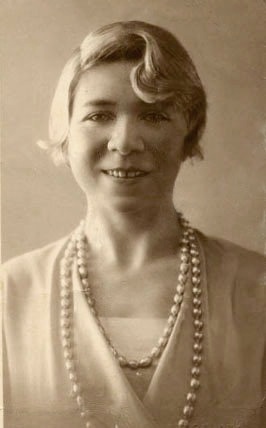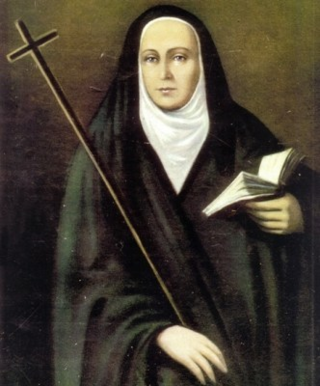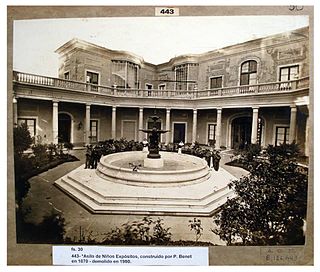Self-guided Sightseeing Tour #6 in Buenos Aires, Argentina
Legend
Guided Free Walking Tours
Book free guided walking tours in Buenos Aires.
Guided Sightseeing Tours
Book guided sightseeing tours and activities in Buenos Aires.
Tour Facts
2.3 km
32 m
Experience Buenos Aires in Argentina in a whole new way with our free self-guided sightseeing tour. This site not only offers you practical information and insider tips, but also a rich variety of activities and sights you shouldn't miss. Whether you love art and culture, want to explore historical sites or simply want to experience the vibrant atmosphere of a lively city - you'll find everything you need for your personal adventure here.
Activities in Buenos AiresIndividual Sights in Buenos AiresSight 1: Plazoleta Alfonsina Storni
Alfonsina Storni was a Swiss-Argentine poet and playwright of the modernist period.
Sight 2: Plaza Lola Mora
Dolores Candelaria Mora Vega, known professionally as Lola Mora, was an Argentine sculptor. She is known today as a cultural rebel and a pioneer of women in her artistic field.
Sight 3: Plaza Carlos Jáuregui
Carlos Jáuregui was an Argentine LGBT rights activist. He founded La Comunidad Homosexual Argentina in 1984. In the early 1990s, he set up Gays por los Derechos Civiles and organised the first Pride march in Buenos Aires. He died from an HIV-AIDS-related illness at the age of 38. In memorial, a national day of activism for sexual diversity was established. He was posthumously given the Felipa de Souza Award, and, in 2017, a station was renamed after him on the Buenos Aires Underground.
Sight 4: Plaza Garay
Plaza Garay is a public green space located in the Constitución neighborhood, Buenos Aires. It is one of the oldest in Buenos Aires, known in colonial times as Hueco de los Sauces, and was formerly crossed by the Tercero del Sud stream. It is located between Pavón, Solís, Presidente Luis Sáenz Peña streets and Juan de Garay Avenue, within Comuna 1.
Sight 5: Plazoleta Maria Antonia de Paz y Figueroa
Saint María Antonia de Paz y Figueroa was an Argentine Catholic religious sister who established the Daughters of the Divine Savior. She later became known as Mama Antula.
Sight 6: Plaza Casa Cuna
As part of the administrative complex that meant the Protomedicato of the Río de la Plata, Viceroy Vértiz founded, on August 7, 1779, on a plot of land on San José Street, near the corner with San Carlos, current Peru and Alsina streets, a Foundling Children's House.
Share
How likely are you to recommend us?
Disclaimer Please be aware of your surroundings and do not enter private property. We are not liable for any damages that occur during the tours.
GPX-Download For navigation apps and GPS devices you can download the tour as a GPX file.




